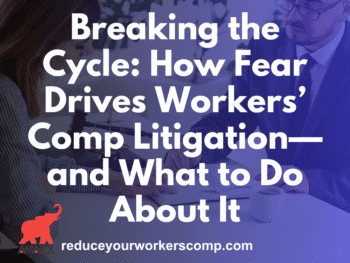A hearing impairment discrimination lawsuit was filed by the EEOC on behalf of a nursery school assistant teacher employed by the Jewish Community Center of Greater Washington in Maryland.According to the EEOC, the Center demoted the woman because of her hearing impairment a clear violation of the American with Disabilities Act (ADA).
The lawsuit alleges the teacher, who satisfactorily performed her job duties as a nursery school assistant teacher, was demoted to the position of mailroom clerk, a lower paying job, because of her hearing impairment. With a cochlear implant in one ear, the woman can hear high-pitched sounds, voices and noises, including hearing children laughing and talking.
The EEOC contends the community center failed to provide a reasonable accommodation to the teacher, as the ADA requires, and instead demoted her based on its groundless belief that she could not perform her duties as an assistant teacher.
The ADA prohibits discrimination based on disability and requires an employer to provide a reasonable accommodation unless it imposes an undue hardship. The EEOC attempted to reach a pre-litigation settlement before filing suit in U.S. District Court for the District of Maryland, Greenbelt Division. (WCxKit)
During Fiscal Year 2009, disability discrimination charges reached a record level of 21,451 — an increase of 10 percent from the prior fiscal year.
Author Robert Elliott, executive vice president, Amaxx Risks Solutions, Inc. has worked successfully for 20 years with many industries to reduce Workers’ Compensation costs, including airlines, healthcare, printing/publishing, pharmaceuticals, retail, hospitality and manufacturing. Contact: Info@ReduceYourWorkersComp.com or 860-553-6604.
Join WC Roundtable on LinkedIn: http://www.linkedin.com/groups?homeNewMember=&gid=1922050/
Do not use this information without independent verification. All state laws vary. You should consult with your insurance broker or agent about workers' comp issues.
©2010 Amaxx Risk Solutions, Inc. All rights reserved under International Copyright Law. If you would like permission to reprint this material, contact Info@WorkersCompKit.com



























